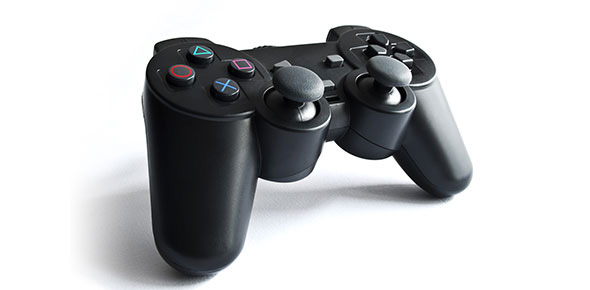Related Flashcards
Related Topics
Cards In This Set
| Front | Back |
|
Anxiety
|
A negative emotional state caused by worries and apprehension
|
|
Arousal
|
Physiological and psychological activation which varies in intensity on a continuum ranging from deep sleep to peak activation or frenzy
|
|
Attentional focus and selectivity hypothesis
|
An elevation in state anxiety reduces the ability to attend to and process information
|
|
Cognitive anxiety
|
The mental component of competitive trait anxiety
|
|
Sport Psychology, Chapter 5
|
Arousal, Anxiety, and Sport Performance
|
|
Competitive trait anxiety
|
The specific trait anxiety associated with sport competition
|
|
Cusp catastrophe theory
|
The theory that attempts to describe the combined influences of the mulitple components of anxiety (cognitive state anxiety and physiological arousal) on athletic performance
|
|
Directional interpretation of competitive anxiety
|
How cognitive and physiological anxiety symptoms are perceived on a debilitative facilitative continuum
|
|
Home-team advantage hypothesis
|
Athletes should perform better and be more successful in front of a supportive home-team crowd than before less supportive and antagonist opposition crowd
|
|
Hyperdistraction
|
The state in which athletes' attentional focus shifts rapidly between different sources of stimuli
|
|
Self-hadicapping behaviours
|
Displaying diminishing efforts during training, exaggerating the pain associated with an injury, or complaining illegitimately about the unfairness of the referee
|
|
Social physique anxiety
|
The anxiety resulting from perceived evaluation of one's physique in social setting
|
|
Somatic anxiety
|
The physiological and affective elements of anxiety
|
|
State anxiety
|
The type of anxiety associated with worries and apprehension that change from moment to moment
|
|
Trait anxiety
|
The stable part of an individual's personality predisposing the individual to perceive situations as physically or psychologically threatening
|




